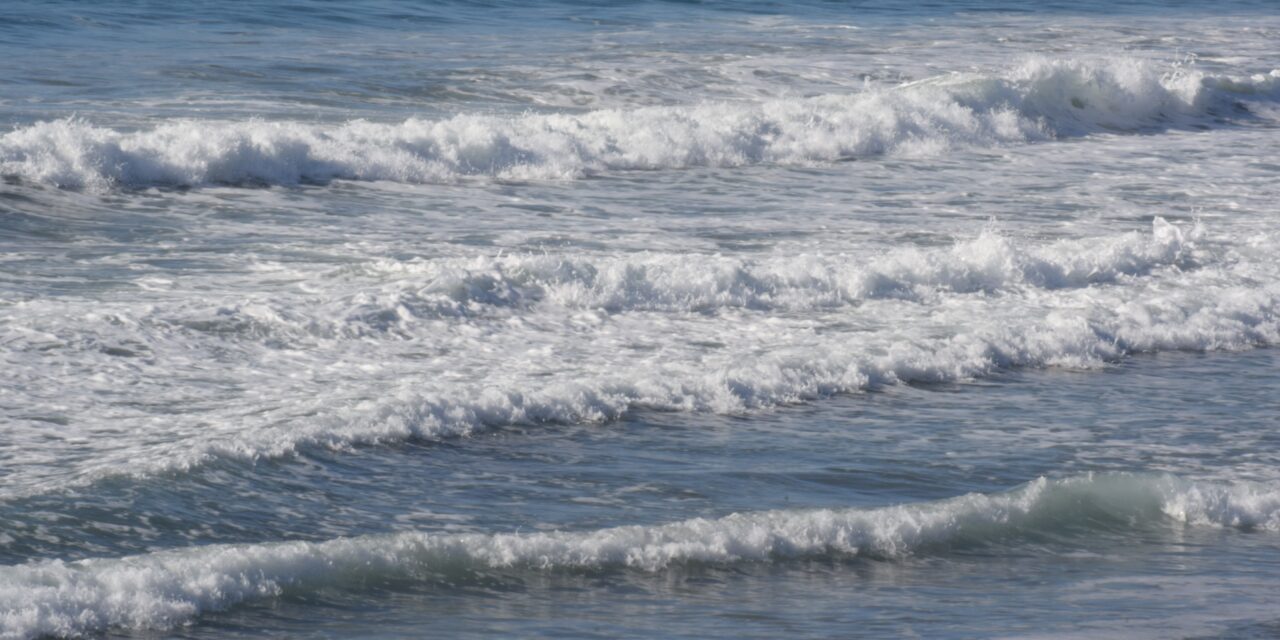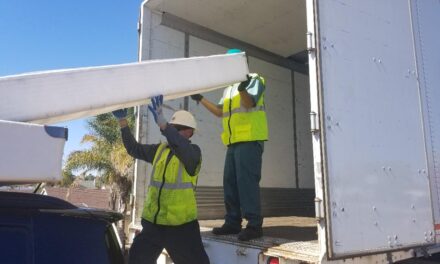SAN DIEGO–Local non-profit environmental organizations San Diego Coastkeeper and Coastal Environmental Rights Foundation have reached agreement with the City of San Diego regarding major stormwater infrastructure projects to improve water quality in several critical water bodies including Mission Bay, Rose Creek, San Clemente Creek, and the Tijuana River.
In addition to improving local water quality, the required attention and spending will help to bring San Diego into compliance with federal and state clean water legal requirements.
Polluted urban runoff represents the San Diego region’s primary threat to water quality. Once water from rain, irrigation flows, leaks, or other surface waters begins to flow over hard city surfaces, it picks up accumulated urban pollutants, such as oil, grease, pesticides, particulate metals, pet waste, toxins, bacteria, and viruses. The resulting polluted runoff flows untreated through San Diego’s stormwater system and into local rivers, bays, and coastal waters, where it poses a serious risk to human health and wildlife alike.
Under the agreement, the City will upgrade practices for handling stormwater, as well as human and solid waste, at five major City-owned facilities: Miramar Landfill, Metro Biosolids Center, North City Reclamation Plant, Point Loma Wastewater Treatment Plant, and South Bay Water Reclamation Plant. Additionally, Coastkeeper and Coastal Environmental Rights Foundation negotiated for the City to contribute $35,000 to San Diego Audubon Society, which will use the funds to improve water quality and restore habitats in and around Mission Bay.
“The City’s own recent audit of its stormwater department revealed a long history of failing to prioritize stormwater infrastructure and management practices needed to protect clean water, public health, and our beaches and streams,” said Coastkeeper Executive Director and Managing Attorney Matt O’Malley. “These failures were also evident in the City’s handling of its own facilities, which for years have been polluting Mission Bay and other local waterways where children, families, and wildlife depend on clean water.”
Early last year, Coastkeeper and Coastal Environmental Rights Foundation observed that the City was discharging stormwater laden with toxic pollutants, including bacteria from human waste, dissolved metals, and excess nutrients directly into local waters during rainstorms. The investigations identified possible impacts to Rose Creek, San Clemente Creek, Mission Bay, Tijuana River, and ultimately, the Pacific Ocean. The groups noted to City officials that pollutant levels leaving the Miramar Landfill and entering into Mission Bay were the highest they had seen from any single facility in the county.
Regarding the negotiation process and settlement ultimately achieved, Marco Gonzalez, Coastal Environmental Rights Foundation’s Executive Director and attorney with Coast Law Group LLP noted, “We have a longstanding working relationship with the City’s stormwater and public utilities departments, so we were confident they would take our concerns seriously and allow us to achieve environmental benefits without having to engage in expensive litigation.”
Actions taken by the City under the agreement will ensure any water discharged at the five facilities subject to the agreement meet the requirements of the Clean Water Act, standards designed to protect human and environmental health.
All three parties jointly agreed on settlement terms, which were approved by the United States District Court for the Southern District of California. The City plans to make all necessary improvements and modifications to its practices at these facilities by November 2023.




